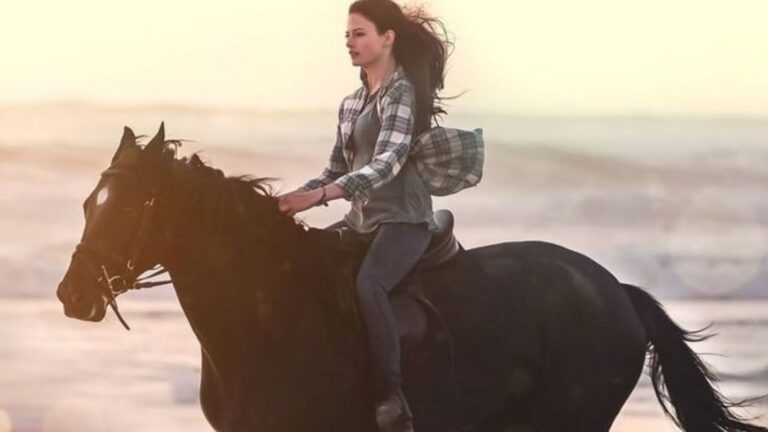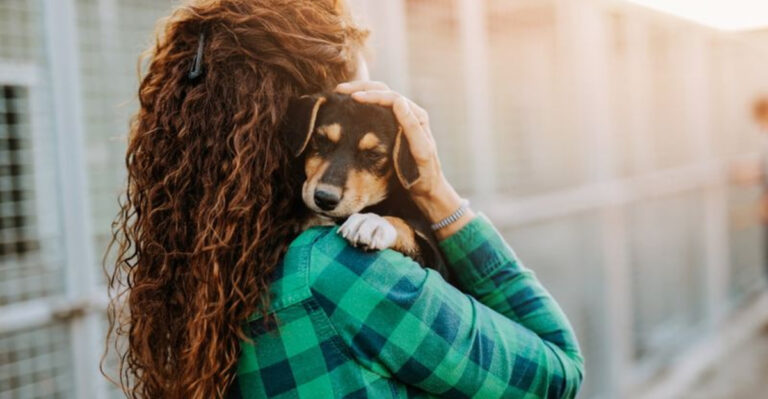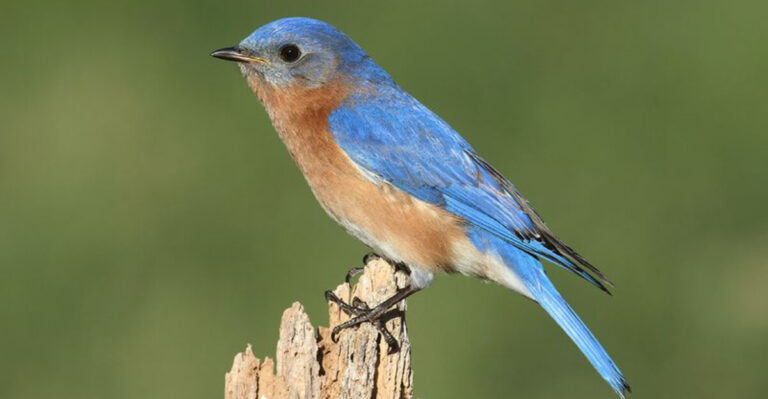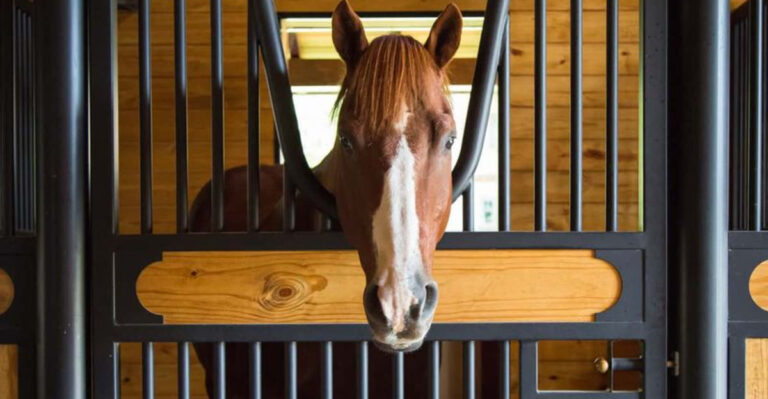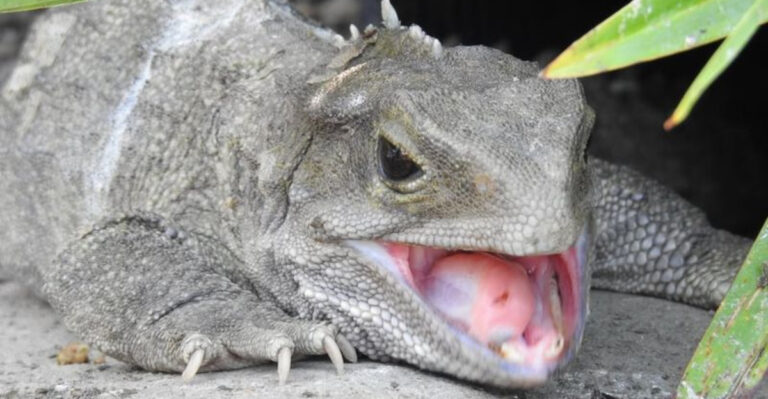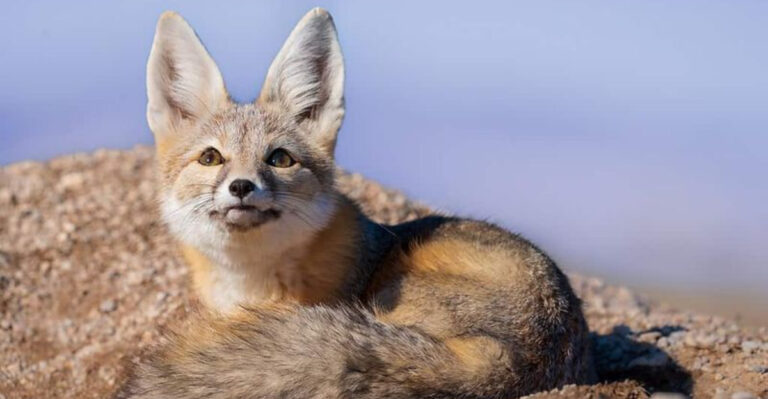Top 10 Dog Breeds Seniors Should Avoid Owning (And 5 That Are Perfect For Them)
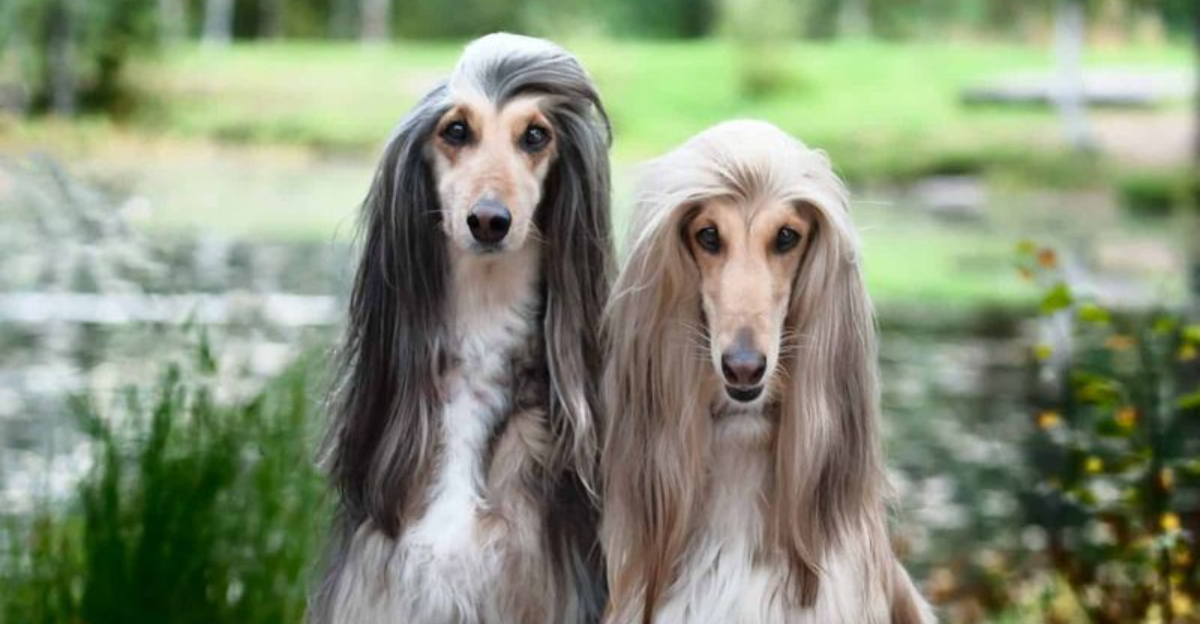
Choosing the right canine companion can be a rewarding experience, especially for seniors looking for some extra love.
However, not all breeds are suitable, given the energy, grooming, and care requirements. Whether it’s high energy or grooming demands, some breeds pose challenges, while others offer companionship with minimal fuss.
1. High-Energy Dogs: Border Collies
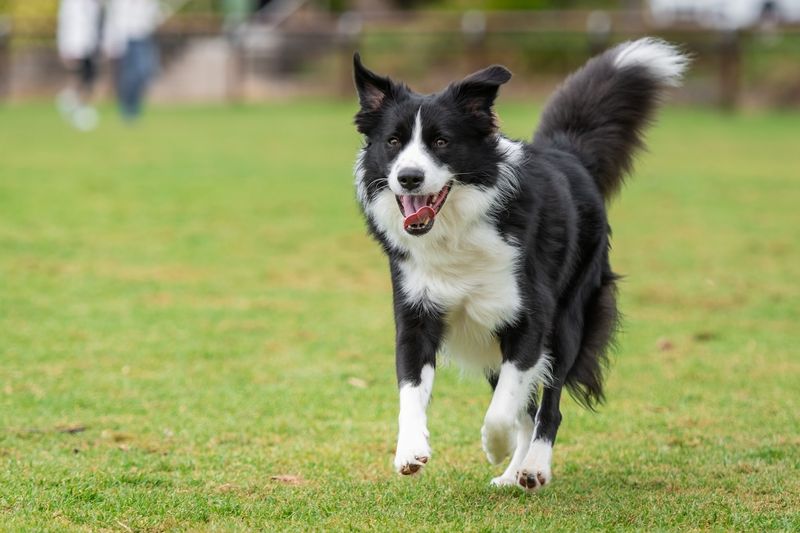
Ever tried keeping up with a Border Collie? Their boundless energy might put even the most active senior to the test. These dogs thrive on exercise and mental stimulation, and a simple walk around the block won’t cut it.
With a need for constant activity and engagement, they may demand more than a senior can feasibly provide. While incredibly intelligent, they can be a handful if not given the right outlet for their energy.
2. Large Breeds: Great Danes
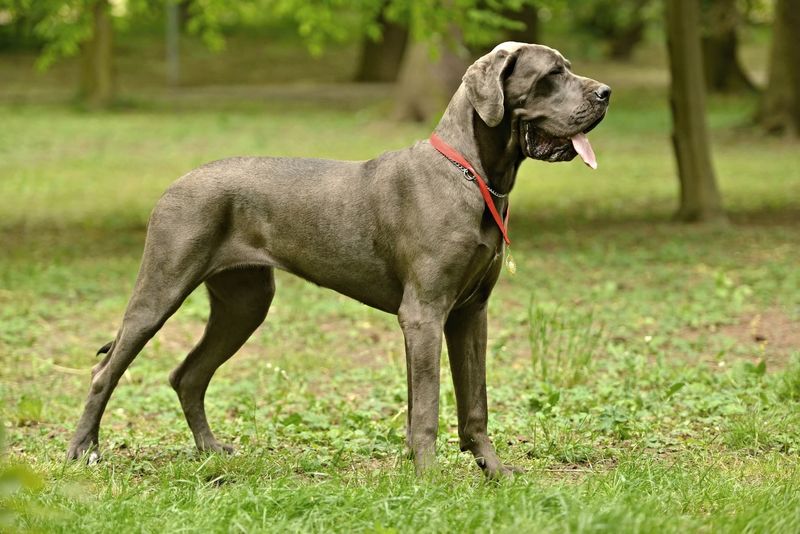
When it comes to size, few can compete with Great Danes. Their imposing stature can be a challenge to manage, especially if mobility is an issue. While they might be gentle giants, their sheer strength and potential health issues, such as joint problems, can be daunting.
Seniors may find it difficult to handle such a large and sometimes clumsy pet, which can knock over furniture or even its owner with a playful nudge.
3. High-Energy Dogs: Australian Shepherds
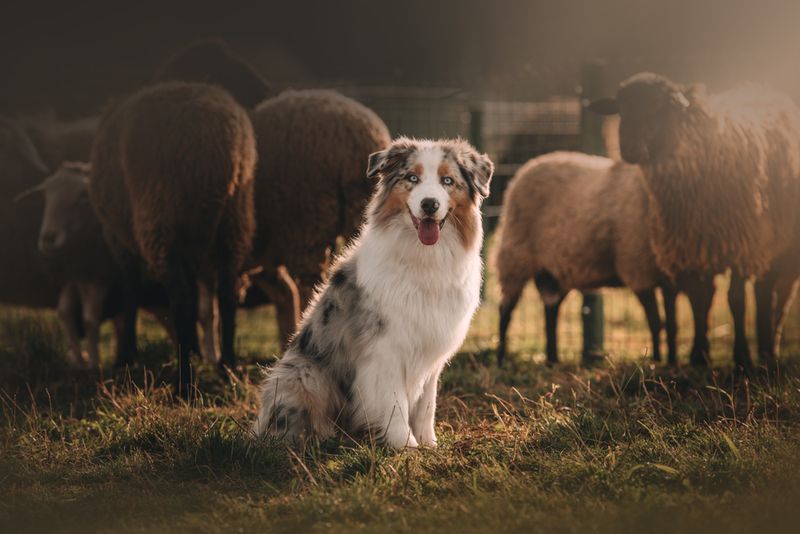
Australian Shepherds are known for their herding instincts and enthusiasm that never seems to wane. They require a level of exercise and commitment that might be overwhelming for seniors looking to relax.
These dogs are often happiest when they have a job to do, making them less ideal for a leisurely lifestyle. Without sufficient activity, they can become bored and potentially destructive, chasing away any hopes of a peaceful evening.
4. High-Maintenance: Shih Tzus
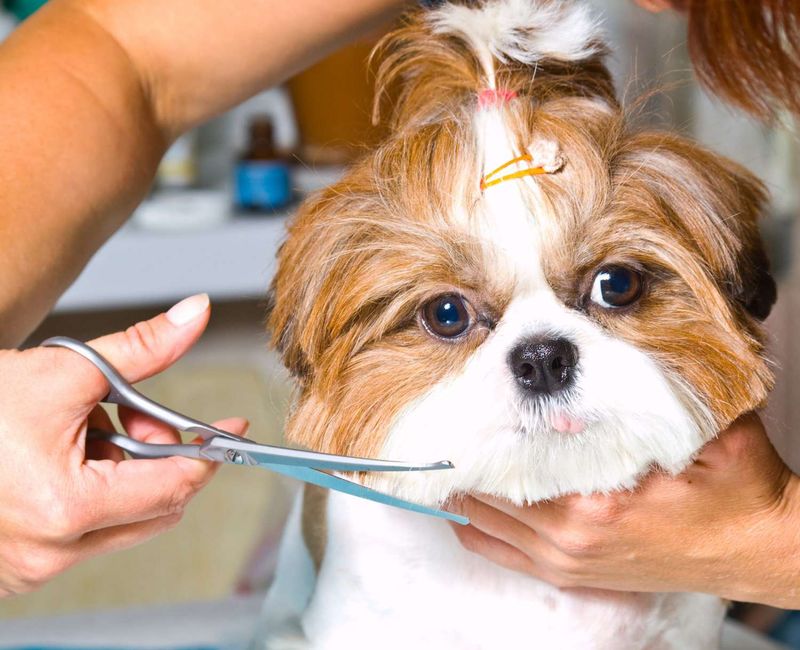
Shih Tzus may have an aristocratic appearance, but maintaining that royal look takes work. Regular grooming is essential, and those long, flowing locks can quickly become a tangled mess if not properly cared for.
Seniors who might struggle with the physical demands of regular grooming sessions could find this breed a bit overwhelming. While they are loving and friendly, their upkeep might outweigh the joy of their companionship for some.
5. Large Breeds: Saint Bernards
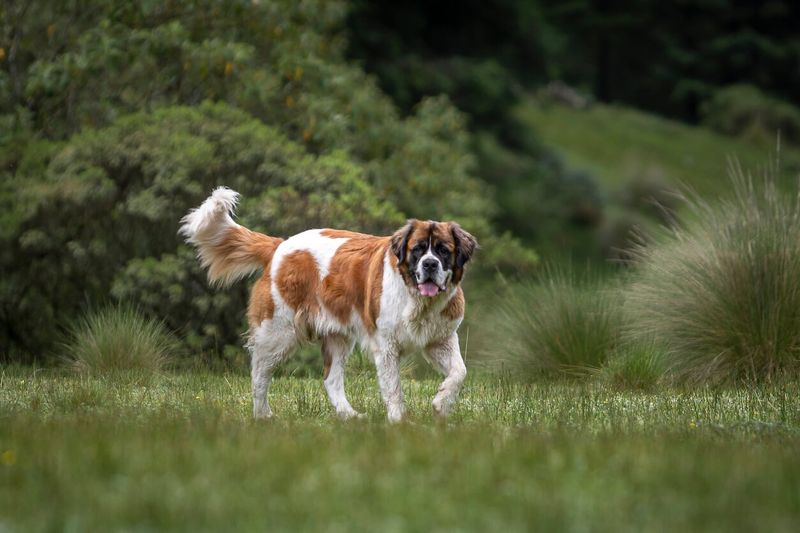
Saint Bernards are famous for their rescue missions in the Swiss Alps, but their size is something to reckon with. These cuddly giants require ample space and can be tough on the joints with their heavyweight bodies.
Their drooling might not be the most charming trait, and keeping up with their grooming needs could be demanding. Seniors looking for low-maintenance pets might find Saint Bernards a bit too much to handle.
6. Excessive Barkers: Beagles
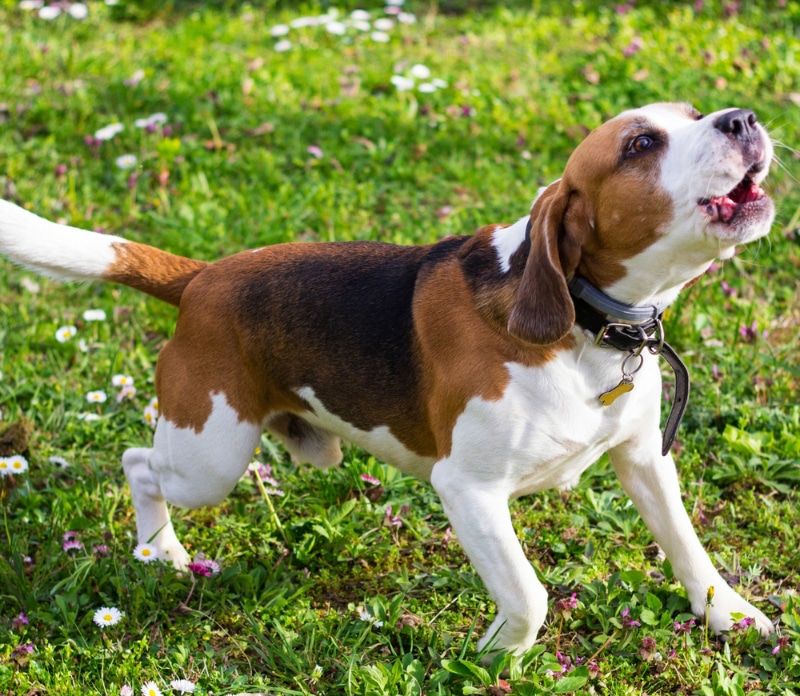
Beagles might have one of the most recognizable howls in the dog world. While this trait is endearing to some, it might not be welcome in a senior’s quiet home. Their vocal nature often requires training and patience.
Beagles are scent hounds, meaning they’re always on the lookout for an interesting smell to follow. This can make them wanderers, requiring vigilance and potentially more exercise than a senior might anticipate.
7. High-Maintenance: Poodles
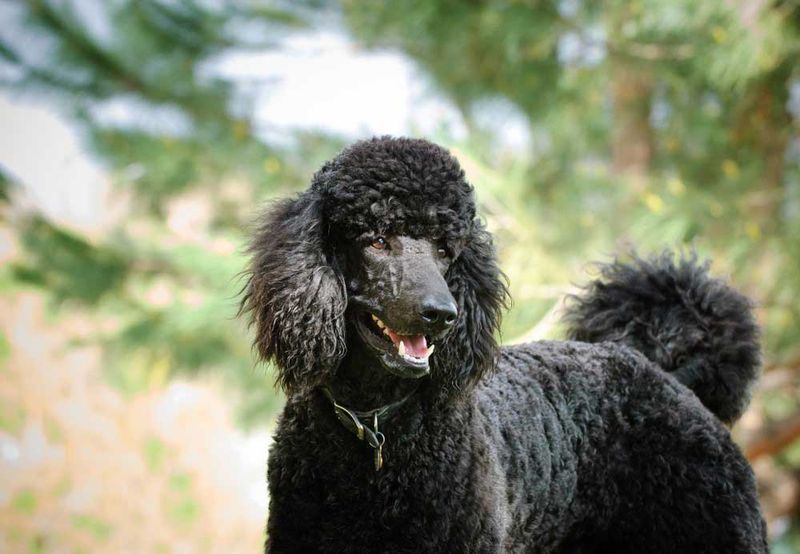
Poodles are synonymous with elegance and intelligence, but keeping them looking their best can be a full-time job. Regular grooming appointments and maintenance of their curly coats can be a burden for seniors.
These dogs are also known for their lively nature, which requires time and attention. While they bring plenty of joy and affection, the effort needed to care for a Poodle might not suit a senior’s tranquil lifestyle.
8. High Grooming Needs: Afghan Hounds
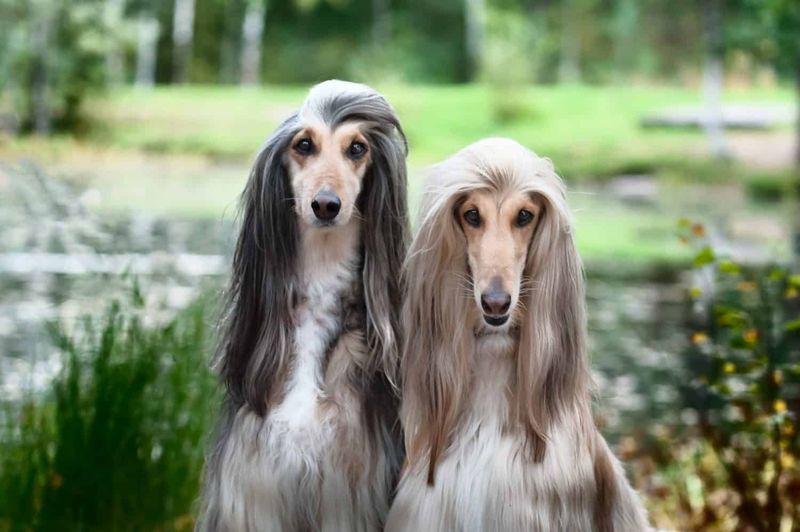
Afghan Hounds are the supermodels of the dog world, with their flowing locks and regal demeanor. However, keeping them looking stylish is no small task. They require frequent grooming to maintain their beautiful coats, which can be labor-intensive for seniors.
Their independent nature means they aren’t always the easiest to train. While undeniably beautiful, the grooming demands might be a stretch for someone seeking a low-maintenance friend.
9. Excessive Barkers: Chihuahuas
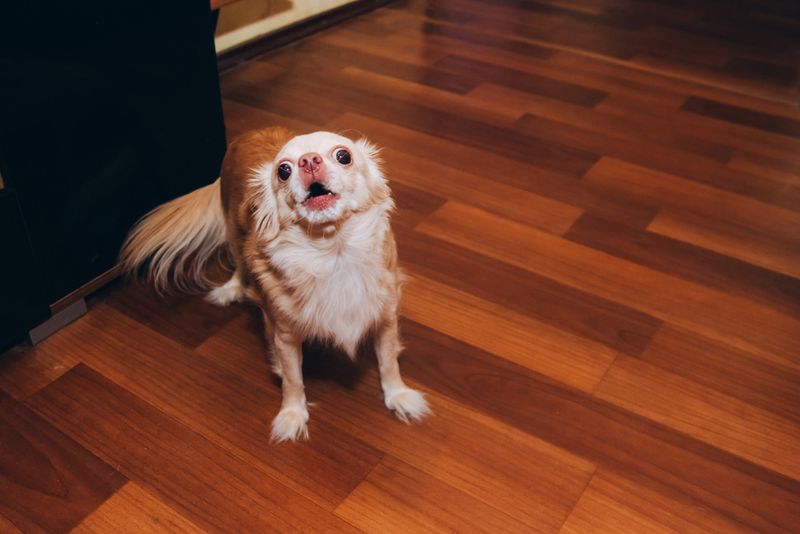
Chihuahuas might be tiny, but they pack a bark that’s hard to ignore. Known for their big personalities, these pint-sized pooches can be quite vocal, sometimes leading to disturbances in a quiet setting. They often require consistent training to manage their barking habits.
Although small in size, their need for attention and control can be surprising. For seniors, this level of vigilance might not mesh with a more relaxed lifestyle.
10. High Grooming Needs: Old English Sheepdogs
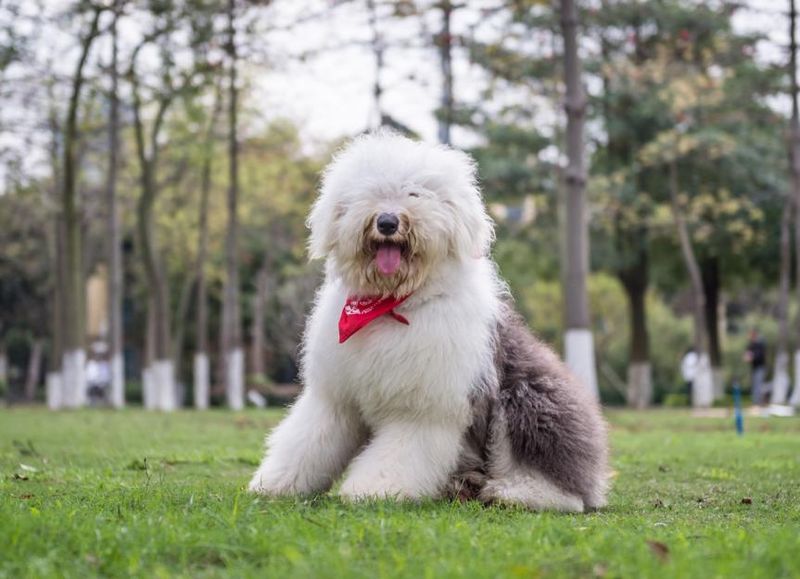
With their shaggy coats and lovable demeanor, Old English Sheepdogs are a sight to behold. However, their grooming needs are extensive. Regular brushing and maintenance of their thick fur can be a demanding task.
These dogs are known for their playful nature, which might involve more activity than some seniors are prepared to provide. Although they make excellent companions, their grooming requirements could be a challenge for some.
11. Gentle Companion Dogs: Cavalier King Charles Spaniels
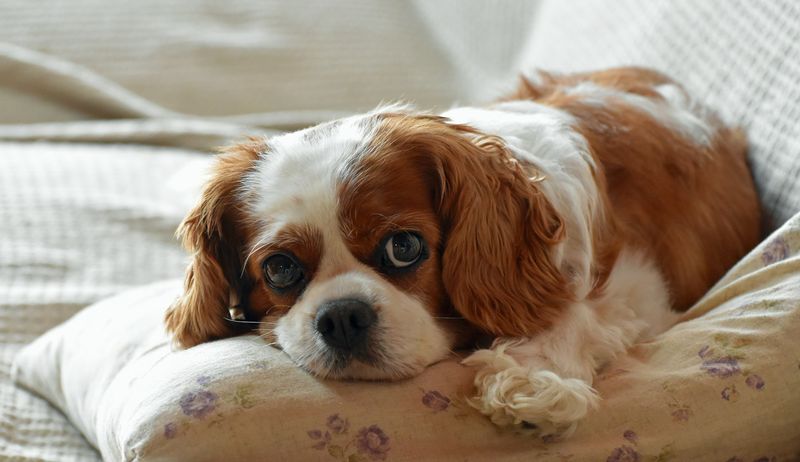
With eyes that seem to hold the wisdom of ages, Cavalier King Charles Spaniels make for the perfect lapdogs. They require minimal exercise, content to laze around and offer plenty of snuggles. Their easygoing nature and adaptability make them ideal companions for seniors.
While they enjoy a short daily stroll, they are equally happy dozing by your side. Their affectionate demeanor can transform a quiet afternoon into a heartwarming experience.
12. Low Maintenance Breeds: French Bulldogs
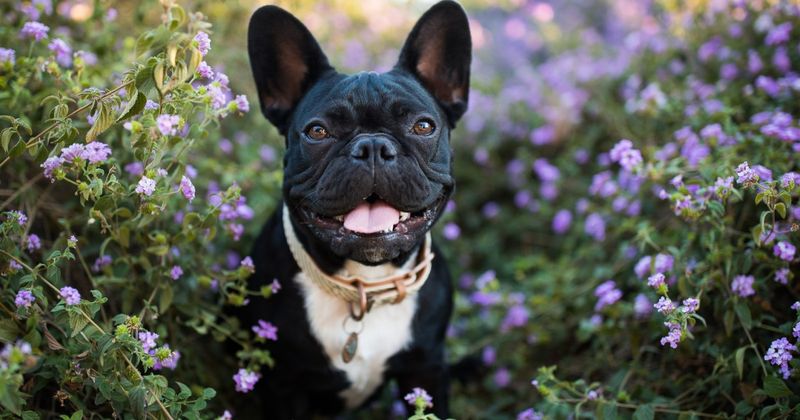
French Bulldogs are as low-maintenance as they come, with their short coats requiring minimal grooming. Their compact size and calm demeanor make them perfect for apartment living.
Seniors will appreciate their laid-back attitude, as they enjoy lounging just as much as they like a brief walk. These dogs thrive on companionship and can bring laughter with their playful antics, making them a delightful addition to a senior’s life.
13. Quiet Dogs: Greyhounds
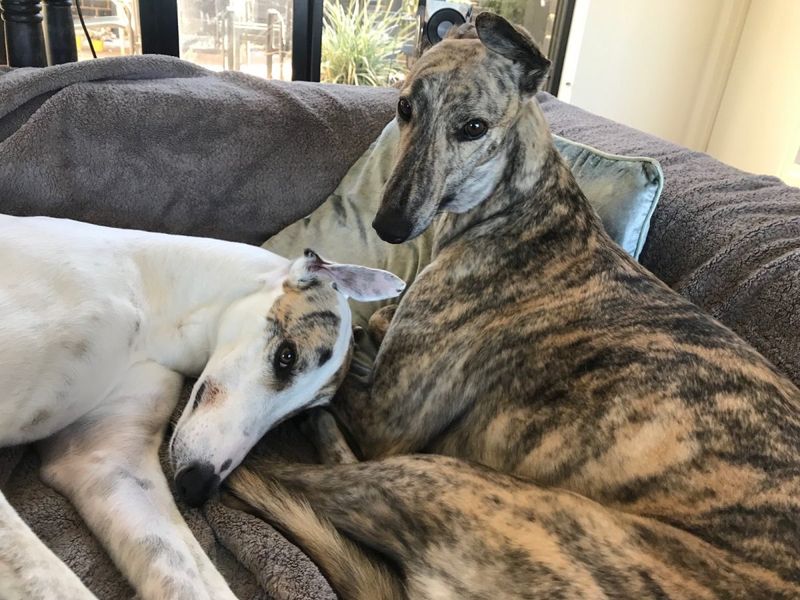
Often mistaken for needing lots of exercise, Greyhounds are actually giant couch potatoes. They enjoy short bursts of activity followed by long naps, fitting seamlessly into a senior’s relaxed routine. Their quiet and gentle nature is perfect for those who prefer a peaceful environment.
Despite their size, they are remarkably easy to manage and require minimal grooming, making them excellent companions for anyone seeking tranquility and companionship.
14. Easy-To-Train Dogs: Pugs
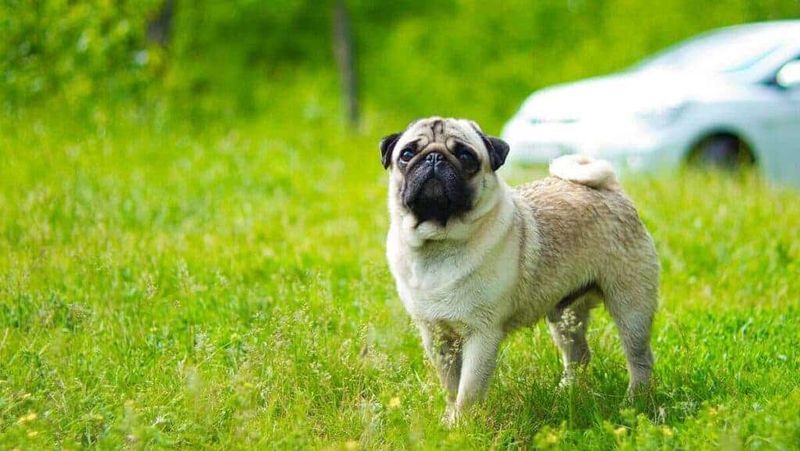
Pugs are as charming as they are easy to train. Their affectionate nature and eagerness to please make them wonderful companions for seniors. They thrive on human interaction and can be taught new tricks with minimal effort.
With their playful antics and love for cuddles, Pugs bring joy and entertainment without demanding much in return. Their adaptability and low-maintenance needs make them ideal for anyone seeking a loyal buddy.
15. Calm And Loyal Dogs: Labrador Retrievers
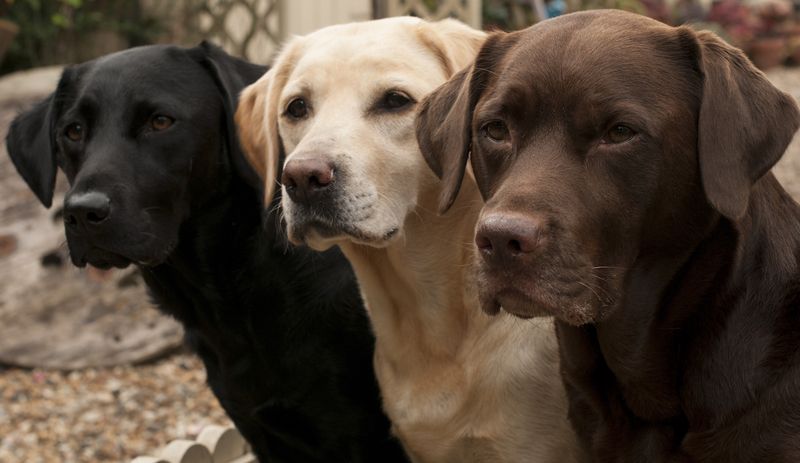
Known for their unwavering loyalty and calm demeanor, Labrador Retrievers are the quintessential family dogs. Their affectionate nature and patience make them especially well-suited for seniors. While they enjoy outdoor activities, they are equally content lounging around.
Labradors provide emotional support and companionship, often sensing their owner’s needs and responding with love. Their adaptable and friendly nature ensures they fit well into any lifestyle, offering boundless affection.

